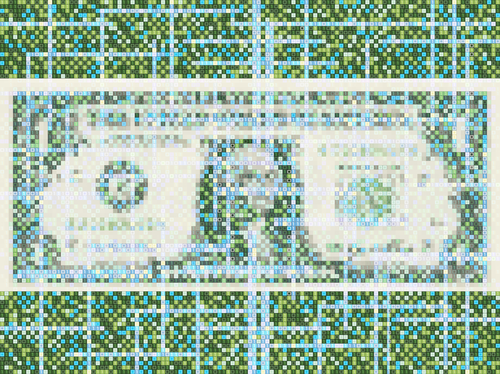
Research from the think tank, which is against the proposal, shows at least 66% of commenters to the Federal Reserve agree with them.
The Cato Institute has looked over more than 2,000 responses to the U. S.
Federal Reserve’s invitation to comment on a digital dollar and has come to this conclusion: two-thirds of the responses appear to object to the idea. The Washington, D. C.
-based libertarian think tank, which opposes a central bank digital currency (CBDC) as a government attempt to control people’s money, reviewed the public comments and found more than 66% of them raise concerns including the loss of privacy and damage to the U. S. financial system.
However, the study released Wednesday noted that business interests have taken a more favorable view. “The fact that two-thirds of the over 2,000 commenters are pushing back against the idea of a CBDC shows not only that this is not the niche issue it once was a few years ago, but also that Americans recognize the very real risk a CBDC could pose to their financial freedom,” Nicholas Anthony, the Cato policy analyst who compiled the statistics, told CoinDesk in an email. Supporters of a digital dollar believe it could be a national-security benefit in the race against foreign competitors, reduce the environmental costs from the production of paper currency and improve trust in the monetary system by making it more transparent.
Officials at the Fed, which would be responsible for creating and maintaining a digital dollar, have said the agency won’t act on it without sign-off from Congress and the Biden administration, and some have predicted it would take at least five years to put in place. Researchers for the Office of Financial Research (OFR) – an arm of the U. S.
Treasury Department that studies risks to the financial system – looked into how a CBDC would affect the inner workings of U. S. finance, concluding earlier this month that worries about a future panic driving people to rapidly move assets into digital dollars may be overblown.
In fact, they found that a digital dollar could give the government an early-warning system for signs of distress. .
By Jesse Hamilton on Jul 27, 2022 21:51
Original link
